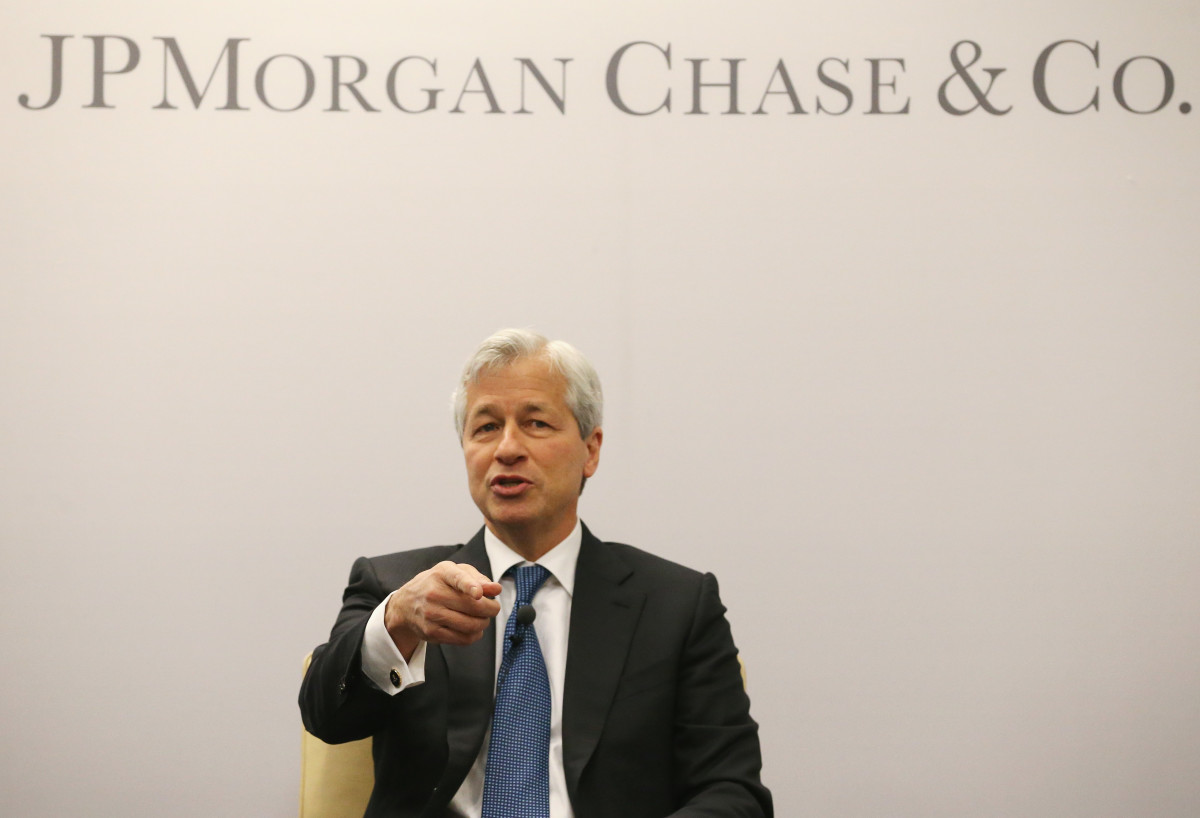Lin Wood strikes again! Fresh off his glorious victory, errr “victory”, representing conservative teen Nick Sandman in his defamation suit against CNN, the notorious lawyer has netted the My Pillow Guy as his newest client.
“While I am fully aware that [Anderson] Cooper’s sarcastic, mocking, derisive, and demeaning tone, attitude and facial expressions toward Mr. Lindell are not legally actionable,” he wrote to CNN’s executive vice president David Vigilante, “I have complete confidence that Cooper’s false and defamatory accusations are actionable.” Newsmax and Newsweek both got their hands on a copy of the missive, but failed to publish more than excerpts.
Mike Lindell’s staunch support of the president has netted him access to the entire universe of Trump insiders including the White House’s coronavirus task force.
“It’s a great administration,” he told CNN’s Anderson Cooper in an August 18 interview. “Anything I hear out there, whether it be good sanitizers, or cures, or anything, to bring it back to the task force.”
Why Lindell, who possesses no medical credentials (or even an undergraduate degree) is qualified to speak on infectious disease treatments is unclear. Nevertheless, Lindell claimed that he’d “told the whole country to pray” for a cure for COVID-19, “this guy called me on Easter Sunday and said he had an answer to the virus.” Hosanna!
In fact, what “this guy” Andrew Whitney had was a company called Phoenix Biotechnology which was flogging Oleandrin, an extract derived from the poisonous oleander plant, as a potential treatment for COVID-19. By amazing coincidence, Mike Lindell has a financial stake in Phoenix Biotechnology, and would thus stand to benefit if the federal government decided to buy up millions of doses of the drug and start touting it as the “answer to the virus.”
And indeed, Lindell did his darnedest to make it happen, contacting HUD Secretary Dr. Ben Carson, who helped arrange an Oval Office meeting with Trump in July for Lindell and Whitney to pitch the president on their supposed miracle drug.
The problem is that Oleandrin has never been proven to be an effective cure for COVID in human beings.
“Wait a minute, sir. Wait a minute, stop.” Cooper interrupted Lindell mid-rant about his supposed miracle cure. “There’s no public, peer-reviewed studies about this. There’s no trials that have been published anywhere. There’s no human trials that have been published anywhere.”
But Lindell continued to insist that Phase 1 and Phase 2 trials had indeed been performed somewhere and “the FDA’s got ’em all.”
“There’s been no Phase 1 and Phase 2 on this drug sir,” Cooper said, shaking his head.
“Yeah, yeah, there has. The FDA has had it since April. You’re just misconstrued [sic] because the media’s trying to take away this amazing cure that works for everybody,” Lindell huffed.
“You have no medical background; you’re not a scientist. A guy called you in April, said he had this product. You are now on the board and going to make money from the sale of this product. The reason he reached out to you is because you have the ear of the president, so he gets a meeting with the president, and you stand to make money from this,” Cooper deadpanned.
“How do you sleep at night?”
The interview degenerated from there, with Cooper accusing Lindell of being a “snake oil salesman” who is “willing to promote anything . . . even if it doesn’t work.”
According to Newsweek, which, again, has not published the letter from Wood, “Among Cooper’s statements that Wood says in his letter are false are that Phase I and Phase II clinical studies have not been conducted; that the drug ‘has never been tested;’ and that tests do not exist ‘anywhere outside a lab in a test tube.’”
In the letter Wood provided a link which purported to establish that Oleandrin’s efficacy against COVID was being studied by the government at the time of the interview. But Newsweek hasn’t seen fit to pass this link on to its readers, nor has Wood offered it in his chest-thumping Twitter feed.
Our best guess is that Wood was referring to neutralization tests which the Army was conducting at the time to determine Oleandrin’s efficacy against the coronavirus — an in vitro assay, which is neither a Phase 1 or Phase 2 trial, and certainly doesn’t involve 1,000 human subjects.
How the existence of such a test establishes that Cooper defamed Lindell is unclear. But in any event, the test results were inconclusive, and the FDA rejected Phoenix Biotechnology’s application to market Oleandrin as a dietary supplement, both because it had been publicly bruited about as a treatment for coronavirus (thanks, Mike Lidell!) and because “your submission did not provide sufficient information to establish that the information that you rely on as evidence of safety is qualitatively and quantitatively related to the ingredient, when used under the proposed conditions of use, as indicated in your submission.” Which isn’t exactly a ringing endorsement of Lidell’s claims that his miracle drug is totally safe.
So good luck to Mr. Wood and his client. We’re sure he’ll prosecute his case with all the tact and discretion he’s become known for.
My Pillow Creator Michael Lindell Threatens CNN with Legal Redress Over Anderson Cooper Interview [Newsweek]
Elizabeth Dye lives in Baltimore where she writes about law and politics.
 Jordan Rothman is a partner of The Rothman Law Firm, a full-service New York and New Jersey law firm. He is also the founder of Student Debt Diaries, a website discussing how he paid off his student loans. You can reach Jordan through email at jordan@rothmanlawyer.com.
Jordan Rothman is a partner of The Rothman Law Firm, a full-service New York and New Jersey law firm. He is also the founder of Student Debt Diaries, a website discussing how he paid off his student loans. You can reach Jordan through email at jordan@rothmanlawyer.com.












 Kathryn Rubino is a Senior Editor at Above the Law, and host of
Kathryn Rubino is a Senior Editor at Above the Law, and host of